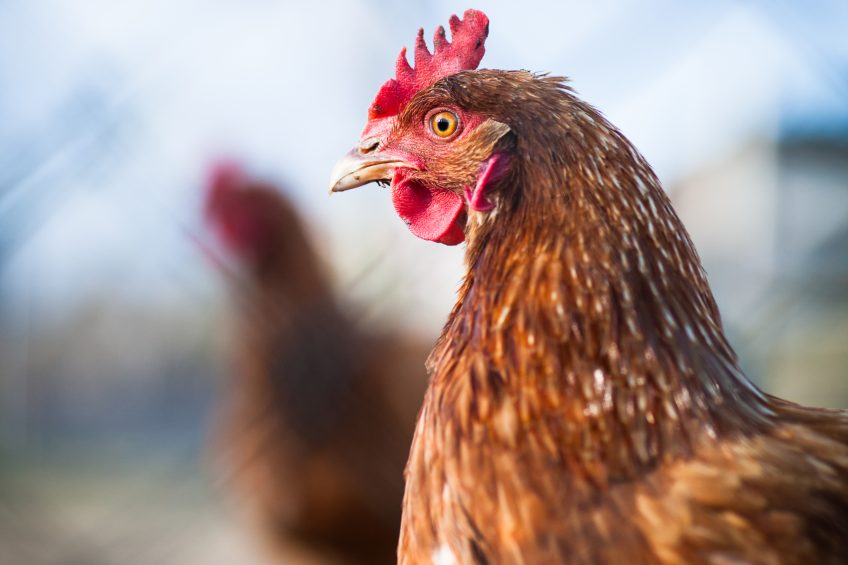Keel bone research gets a major financial boost

Research into keel bone damage in layers, which can affect up to half the flock by end of lay, has received a substantial financial boost.
Academics from three universities have been given grants totalling $1.4m following a competitive call for innovative proposals for research to reduce keel bone fractures in egg-laying hens.
The funding has come from the Foundation for Food and Agriculture Research (FFAR), a non-profit established by the 2014 US Farm Bill.
The grants will go to Purdue University, the University of California, Davis and the University of Edinburgh, to improve the health and productivity of egg-laying hens.
Bone fractures, which cause pain and decrease egg production, are one known challenge to raising hens in cage-free housing systems and are particularly prevalent in the keel, or breastbone.
Leading researchers have described the modern demands on the laying hen as creating a “perfect storm” for generating keel bone damage with birds suffering from increasing fragility having to navigate a more complex and hazardous housing environment.
High level egg production
One European expert, Dr Mike Toscano, of the University of Bern, has said the high level of egg production alters the structural integrity of bones, due to the demand for calcium in eggshells, while the housing revolution away from battery cages has challenged the bird’s ability to safely move around its environment.
There is evidence that fractures are significantly painful in chickens. Keel bone fractures can also interfere with bird behaviour (hens with broken keel bones take longer to walk from place to place) and take longer to fly both onto and down from, perches.
With the US increasingly moving towards cage-free production to meet the demands of all top 25 US grocery companies, the research has the potential to improve the welfare and productivity of approximately 225m hens by 2025.
The research, which will involve a number of poultry breeding companies, are part of FFAR’s Protein Challenge, which has been designed to enhance and improve the environmental, economic and social sustainability of producing diverse proteins for a growing global population.
The study will concentrate on 3 distinct research efforts to reduce bone fractures:
Research scientist Ian Dunn will lead work at the University of Edinburgh’s Roslin Institute. Working alongside major poultry genetics firms Hy-Line and Lohmann Tierzucht, the study will lay the groundwork for breeding hens with stronger bones by developing a novel x-ray based measurement system adapted for on-farm use.
Dr Dunn said: “We know that bone quality in hens can be improved by genetic selection as well as improving the environment. The major obstacle has been finding a way of measuring bone quality in a living hen that is practical. This project aims to deliver a practical and reliable method to give breeders the tools to improve bone quality and reduce fractures.”
Assistant professor and Extension specialist Darrin Karcher, from Purdue University, will conduct research to determine the impact of nutritional interventions on the gut microbiome in addition to management interventions that help producers to reduce keel bone fractures in laying hens housed in cage-free systems.
UC Davis assistant professor Maja Makagon will lead a team of collaborators including experts from the University of Bristol, University of Bern and Iowa State University, exploring the impacts of poultry housing design, particularly vertical space on the prevalence of keel bone injuries in egg-laying hens.
Sally Rockey, FFAR executive director, said: “Today’s farmers and ranchers face new challenges arising from a changing production environment and cutting edge research remains critical to providing producers with science-based solutions to those challenges.”













